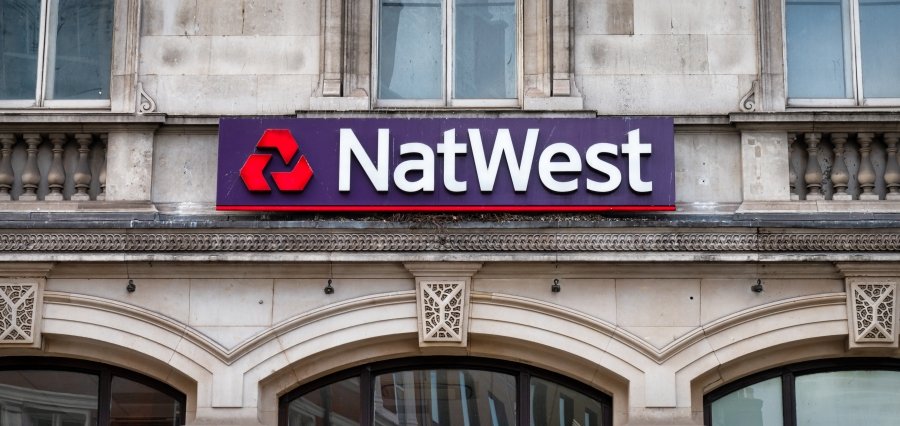On Monday, the European Union levied a substantial fine of nearly $2 billion against Apple Inc, a leading technology firm from the United States, for its practices surrounding the App Store that obstructed competitive forces, as per a report by the Associated Press. The European Commission accused Apple of prohibiting app developers from disclosing to iOS users the availability of alternative and more affordable music subscription services outside of the app. Such actions contravene EU antitrust regulations. According to the commission, Apple’s approach over the past decade led to users incurring significantly higher costs for music streaming subscriptions.
This recent penalty of $1.8 billion follows an extensive investigation initiated five years ago by a complaint from Spotify, a Swedish streaming service. In its efforts to regulate major tech companies, the EU has spearheaded global initiatives, resulting in multi-billion dollar fines against Google and charges against Meta for distorting the online classified advertising market.
Moreover, the EU has launched another antitrust inquiry into Apple’s mobile payments service. The initial focus of the investigation was Apple’s requirement for app developers selling digital content to utilize its internal payment system, which includes a 30% commission fee on subscriptions. However, the EU later narrowed its focus to Apple’s restrictions on app developers from informing users about less expensive subscription payment methods outside of the apps.
In this investigation, the EU discovered that Apple prohibited streaming services from informing users about subscription costs available outside of their apps, including prohibiting links to alternative subscriptions in their apps or even sending emails about different pricing options.
The imposition of this fine on Apple coincides with the forthcoming enforcement of the EU’s Digital Markets Act, aimed at curbing the dominance of tech companies in digital markets. Set to take effect on Thursday, this act introduces a series of regulations for ‘gatekeeper’ companies, including Apple, Meta, Google’s parent company Alphabet, and TikTok’s parent company ByteDance, with the threat of significant fines for non-compliance.
In response, Apple has outlined its plans to comply with the new regulations, including permitting iPhone users in Europe to access app stores other than its own and allowing developers to implement alternative payment systems. Additionally, the commission is pursuing a separate antitrust investigation into Apple’s mobile payment service, with the company committing to open its tap-and-go mobile payment system to competitors as a resolution.









